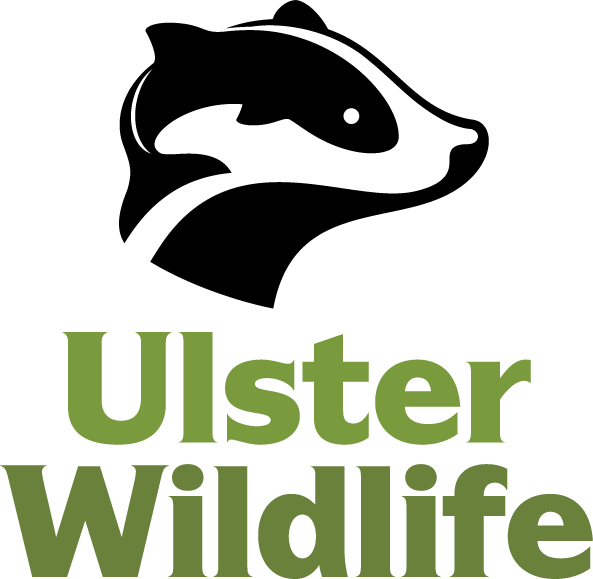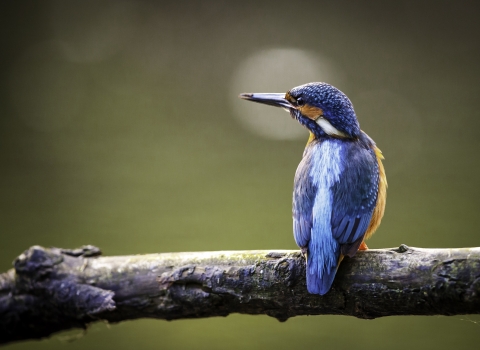Following the previous State of Nature reports in 2013 and 2016, leading professionals from over 70 wildlife organisations have now joined with government agencies for the first time to present the clearest picture to date of the status of our species across land and sea.
The NI section shows a 43% decline in the abundance of nine butterfly species recorded since 2006. 41 breeding birds show a 66% increase since 1994 but the majority of these are common species which are not threatened and therefore does not reflect some of the long-term declines known to have occurred in farmland birds. The most recent Birds of Conservation Concern 2014-2019 shows that of 185 species assessed, 70% are on the Red or Amber List and of conservation concern, leaving only 31% on the Green List.
The evidence from the last 50 years shows that significant and ongoing changes in the way we manage our land for agriculture, and the ongoing effects of climate change, are having the biggest impacts on nature.
Pollution is also a major issue. Whilst emissions of many pollutants have been reduced dramatically in recent decades, pollution continues to have a severe impact on the UK’s sensitive habitats and freshwaters, and new pollutant threats are continuing to emerge.
The recent climate strikes across the world, with significant turn-outs across Northern Ireland, show that there is now much greater awareness and concern around the state of our nature and our climate, and the linkages between these. These declines are long-term and need a long-term solution and this is starting to be recognised at a governmental level across the UK. In Northern Ireland, the Department of Agriculture, Environment and Rural Affairs (DAERA) has just released a public consultation on the Environment Strategy, Northern Ireland’s long-term plan for the environment.
The new DAERA Environment Strategy is our big opportunity to ensure an ambitious and legally-binding plan to restore wildlife in NI..
Dawn Miskelly, Operations Director at Ulster Wildlife, said:
"Nature in Northern Ireland is in big trouble but we know how to bring it back. Local action is already making a real difference and now the government needs to play its part. The new DAERA Environment Strategy is our big opportunity to ensure an ambitious and legally-binding plan to restore wildlife, so it can recover and thrive across our cities and countryside once more – where it can be part of people’s daily lives. We urge everyone to make their voices heard for nature at this critical time.”
Daniel Hayhow, lead author on the report, said: “We know more about the UK’s wildlife than any other country on the planet, and what it is telling us should make us sit up and listen. We need to respond more urgently across the board if we are to put nature back where it belongs. Governments, conservation groups and individuals must continue to work together to help restore our land and sea for wildlife and people in a way that is both ambitious and inspiring for future generations”
Reflecting growing concern about the environmental and climate emergencies, public support for conservation also continues to grow, with NGO expenditure up by 24% since 2010/11 and time donated by volunteers having increased by 46% since 2000. However, public sector expenditure on biodiversity in the UK, as a proportion of GDP, has fallen by 34% since a peak in 2008/09.
The report has a foreword by a collective of young conservationists who are passionate about conservation and the future of our wildlife and nature to preserve it for future generations.
Dara McAnulty, a young conservationist who lives in County Down, said: “Nature is wondrous, fascinating and magnificent but most importantly it is our life support system. Northern Ireland has some of the rarest habitats in the UK, we must do all we can to cherish and protect them.”
For a full copy of the State of Nature 2019 report and to find out how you can do your bit to save UK wildlife, visit www.nbn.org.uk/stateofnature2019
Over the coming weeks, we will be letting all Ulster Wildlife members and supporters know how they can support our key asks for the new DAERA Environment Strategy and make their voices heard for nature in Northern Ireland.

